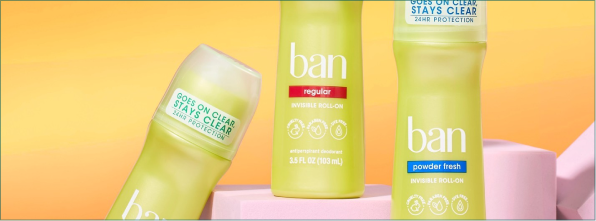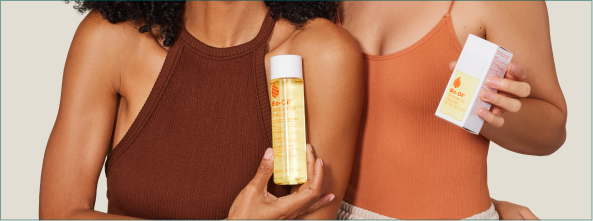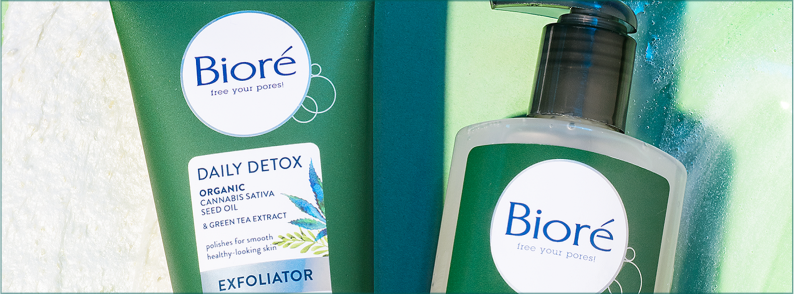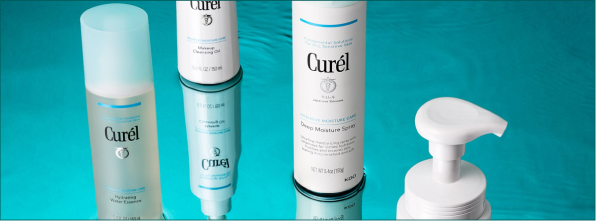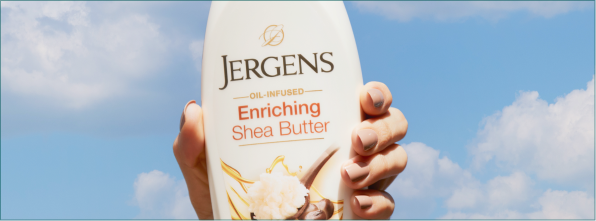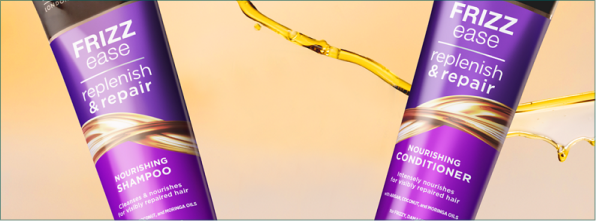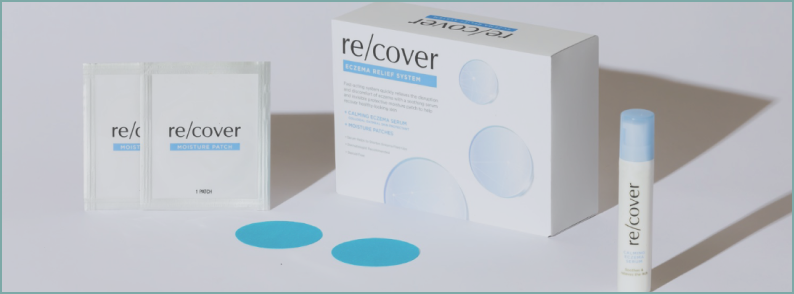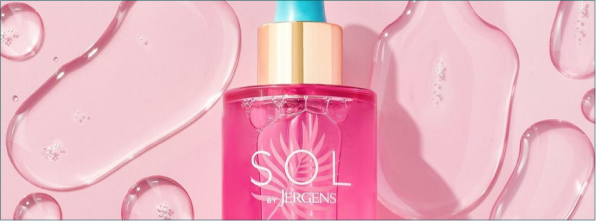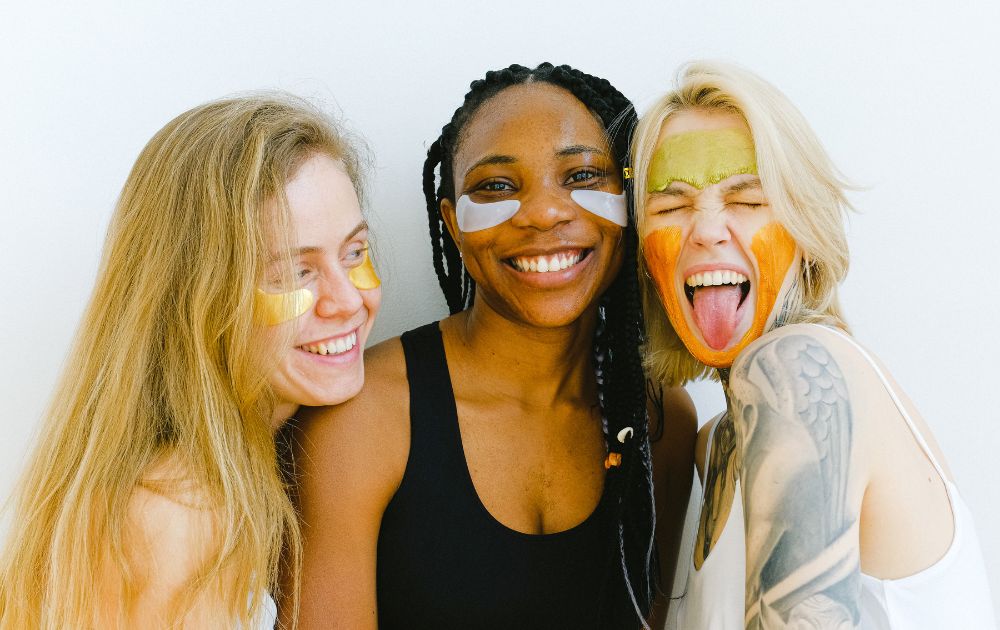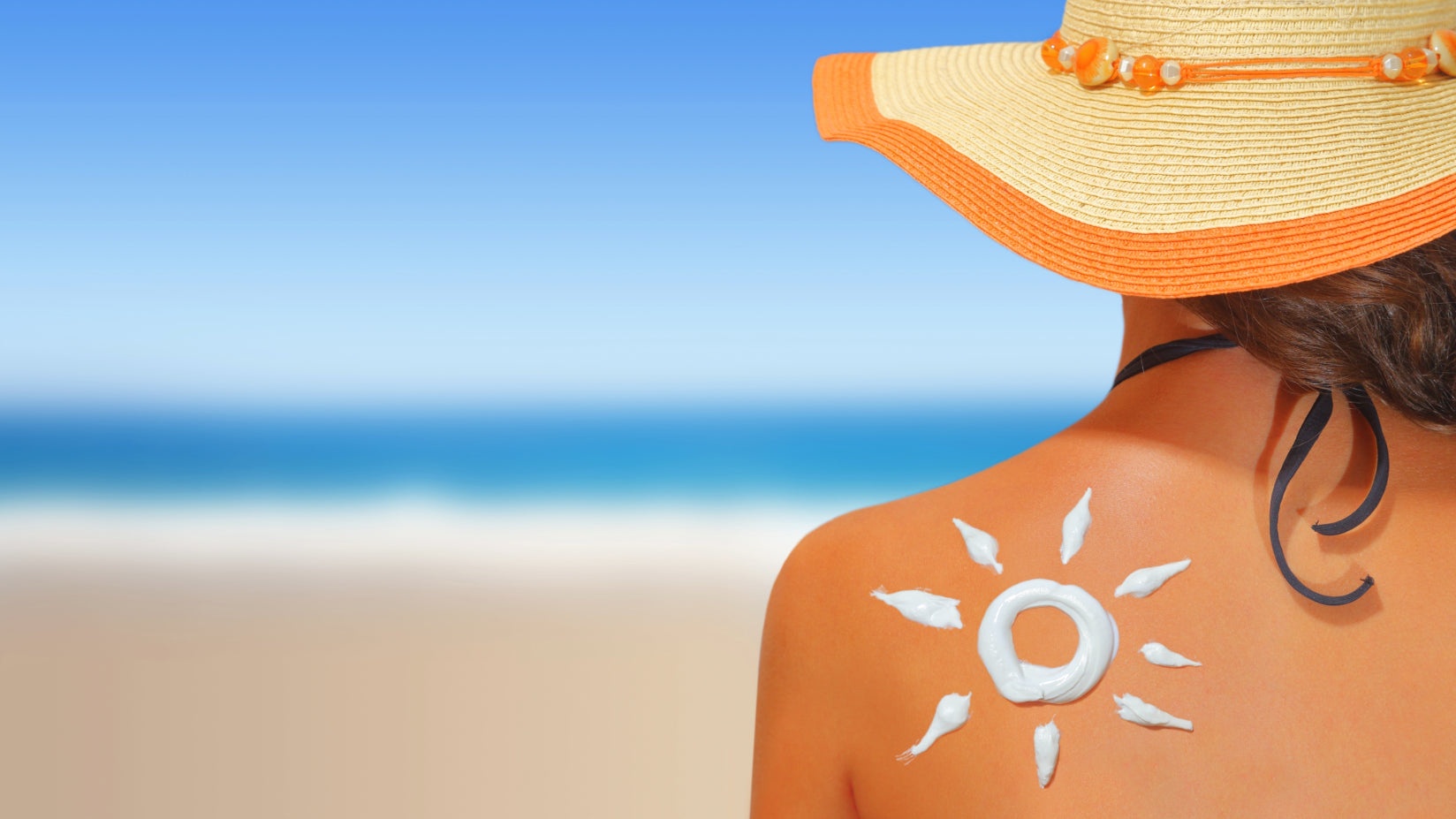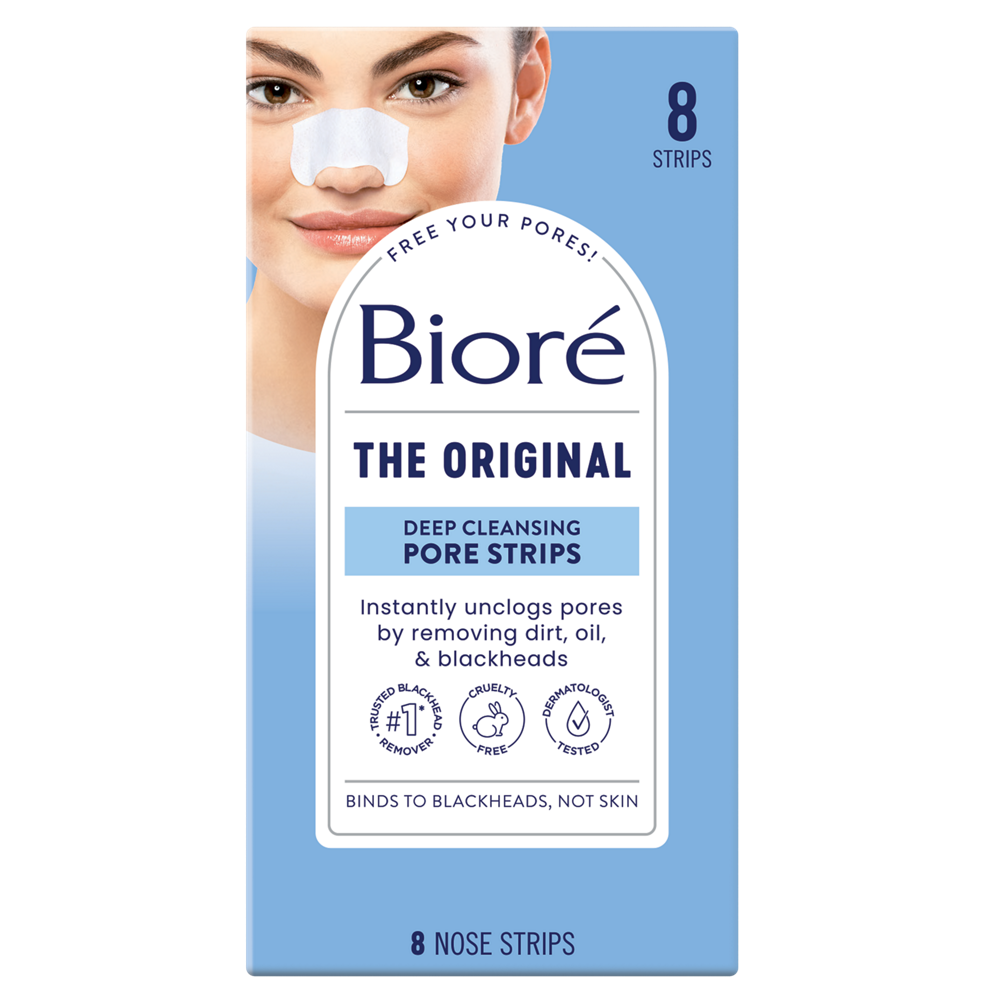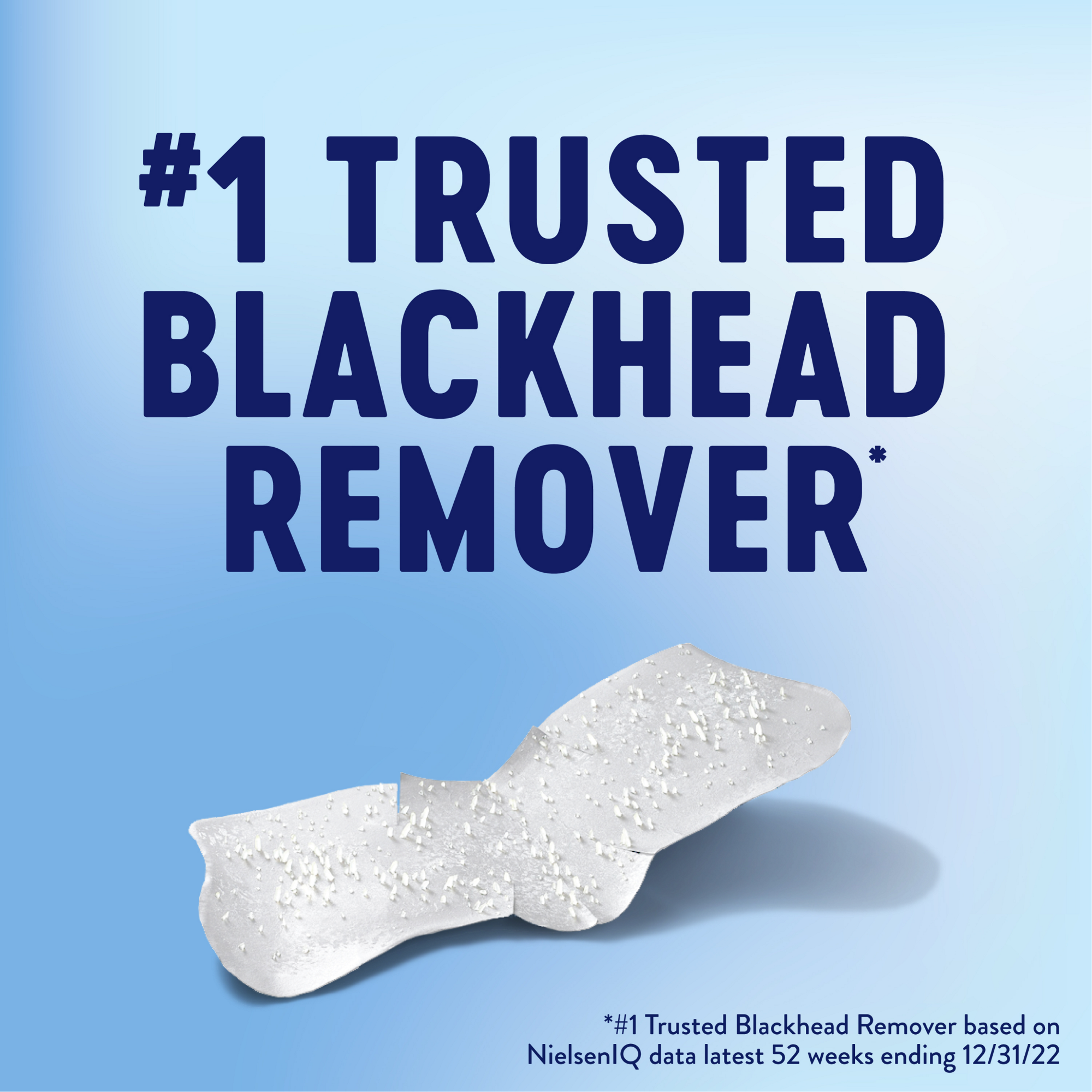Pimple Care 101: How To Get Rid of Pimples
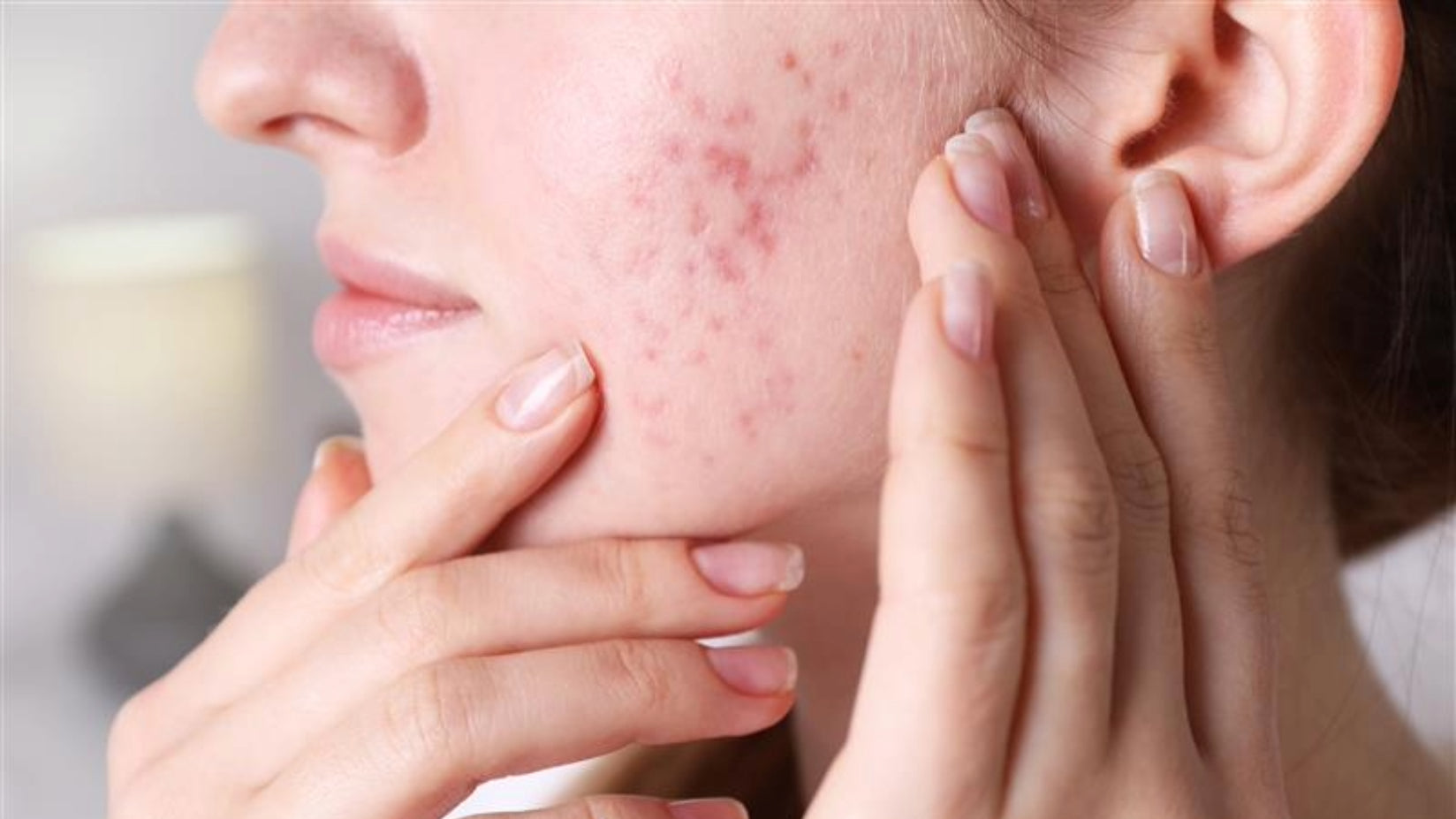
Pimples aren't just a side effect of puberty; they're a common woe for many people of all ages, even well into adulthood. While most are relatively harmless, they can significantly impact the overall look and feel of your skin, resulting in lower self-esteem and higher stress. The good news is that pimple care is totally doable, as long as you're willing to be consistent and use the right products. This guide to all things pimple care can help you make the right choices for healthier skin and fewer breakouts.
What Are Pimples?
Essentially, there are two main types of acne: inflammatory and non-inflammatory. Inflammatory acne is usually red in appearance and can sometimes be painful to the touch. This type of acne forms raised bumps of varying degrees, such as:
- papules
- pustules
- nodules
- cysts
Non-inflammatory acne lacks this red, raised appearance and often takes the form of whiteheads or blackheads. These are often less irritating but can still be an eyesore. Non-inflammatory can progress into inflammatory acne without treatment.
Pimples are a type of inflammatory acne. They are caused mainly by pore buildup, also known as clogged pores. Oil, bacteria, and dirt can make their way into the hair follicles of your skin and lead to inflammation and even pus formation. While pimples happen more often on oily skin, no skin type is immune to acne. Even those with dry skin can struggle with pimples.
Oil, bacteria, and dirt can make their way into the hair follicles of your skin and lead to inflammation and even pus formation.
There are several reasons you could experience clogged pores, but hormones are often to blame. These are usually associated with acne because hormonal shifts lead to an overproduction of oil, which ultimately leads to acne. Hormonal changes can occur because of:
- Puberty
- Pregnancy
- Menopause
- The menstrual cycle
Using certain medications, specific dietary or supplement choices, and underlying health conditions can also lead to fluctuating hormone levels.
How To Get Rid of Pimples
Pimples can occur anywhere on your body and may be concentrated in different areas on your face, such as your forehead, your chin, or your nose. How you treat certain pimples may vary slightly depending on the location. However, the basics still remain the same. To significantly reduce or eliminate pimples, these tips and products can help.
Try Benzoyl Peroxide
This antibacterial agent can kill the bacteria that will lead to pimples. It's a must-have for your pimple treatment plan and can be very effective at fighting acne. Keep in mind that benzoyl peroxide is very strong and drying, so make sure to use it sparingly as directed and don’t leave it on your skin for too long.
Use Tea Tree Oil
This essential oil fights bacteria and reduces inflammation naturally, making it a great option for treating pimples. However, it should be diluted with a carrier oil first before using it. Otherwise, it can be irritating, especially to those with more sensitive skin.
Apply Ice
Cold compresses cause blood vessels to constrict, resulting in less swelling and redness. Simply wrap an ice cube in a cloth and apply it to the affected area for one minute at a time. This works well for most types of inflammatory acne, although blind pimples can also benefit from a warm compress from time to time. Never apply ice directly to your skin, as it can quickly cause serious damage.
Avoid Touching
While it may seem impossible to resist the urge, picking, squeezing, or popping pimples rarely improves the situation. This usually has an adverse effect and can lead to scarring or more inflammation. Touching your face can make matters worse by transferring more oil and dirt to your skin, leading to more pimples.
If you want to know how to get rid of pimples, these practices can help in the short term by reducing inflammation and neutralizing surface bacteria. A long-term fix, though, depends on consistent skincare day after day.
Touching your face can make matters worse by transferring more oil and dirt to your skin, leading to more pimples.
How To Care for Acne-Prone Skin
The key to caring for acne-prone skin is developing a consistent skincare routine. This keeps your skin clean and your pores clear so that oil doesn’t get a chance to build up and cause pimples.
1. Use the Right Ingredients
Salicylic acid and benzoyl peroxide are two products that can be very effective at fighting acne. Salicylic acid can be used on a daily basis. Add it to your routine in products like cleansers or toners. Benzoyl peroxide is a little stronger and isn’t usually used as a leave-on product. Instead, it should be utilized as needed to treat flareups.
2. Cleanse Regularly
Washing your face twice a day keeps your skin clean and prevents pores from clogging. A cleanser with salicylic acid can help deep clean your pores and prevent buildup from oil, sweat, makeup, and dirt.
3. Exfoliate Weekly
Using a facial scrub at least once a week helps slough away dead skin cells and pore buildup for fewer pimples. It also helps your skin look more radiant, making it a win-win for routine skincare. Most people can exfoliate up to two or three times a week for better results. Start gradually and see how your skin responds to find the right schedule for you.
4. Moisturize Daily
When your skin is dehydrated, your oil glands can overcompensate and result in oily skin that is more prone to acne. To avoid this problem and the development of more pimples, moisturize at least once a day. It should always be your next step after cleansing, toning, and exfoliating.
5. Try Pimple Patches and Pore Strips
Pore strips are great for non-inflammatory acne, like blackheads and whiteheads. Just don’t use them on irritated or inflamed skin. Pimple patches can draw out the buildup through a hydrocolloid dressing, healing acne in less time. Whether you opt for pore strips or hydrocolloid products, keep in mind that these solutions should not be used on severely inflamed pimples.
Pimple Care Tips
Lifestyle changes might also help with preventing and getting rid of acne.
Eating a low-glycemic-load diet can help reduce the inflammation that leads to pimple redness. This approach focuses on cutting out the carbs that cause blood sugar spikes, especially ones that are high in added sugars and refined grains.
Frequent exercise can also play a critical role in acne prevention. Not only does it help equalize blood sugar levels, but it also helps regulate your hormones and reduce the severe fluctuations that cause breakouts, including those that contribute to adult acne. It can also be an easy and effective way to manage stress.
Haircare also plays an important role in pimple prevention. The oil in your hair can work its way to your face and cause breakouts, especially along your forehead. Keep your hair clean and choose products that don't cause irritation and excess buildup. If you're dealing with summer acne, keeping your hair styled up and away from your face, as well as cleaning your summer hats often, can help.
Take steps to reduce the amount of stress in your life. Stress hormones can make acne worse, so find healthy ways to combat this issue. Getting plenty of rest and finding healthy ways to relax can help immensely.
Remember to remove your makeup every night before you go to sleep. Keeping these types of products on your skin can lead to clogged pores and more acne. Cleansing your skin before bed is also a key step in keeping maskne under control.
Key Takeaways
- Pimples are a type of inflammatory acne, marked by redness and swelling. They are mainly caused by a buildup of dirt, oil, and bacteria in your pores.
- Products made with benzoyl peroxide and salicylic acid can help you get rid of pimples faster.
- The most important and effective way to prevent pimples is to develop a daily skincare routine with the right products.
- Making positive lifestyle changes and building good habits can also help reduce the amount and severity of pimples.
No matter what your age or skin type, you can get rid of pimples with the right approach. Just a few simple changes and additions can make a big difference in reducing acne. Above all, prioritize your daily skincare routine and use the right techniques and products to heal and protect your skin.
